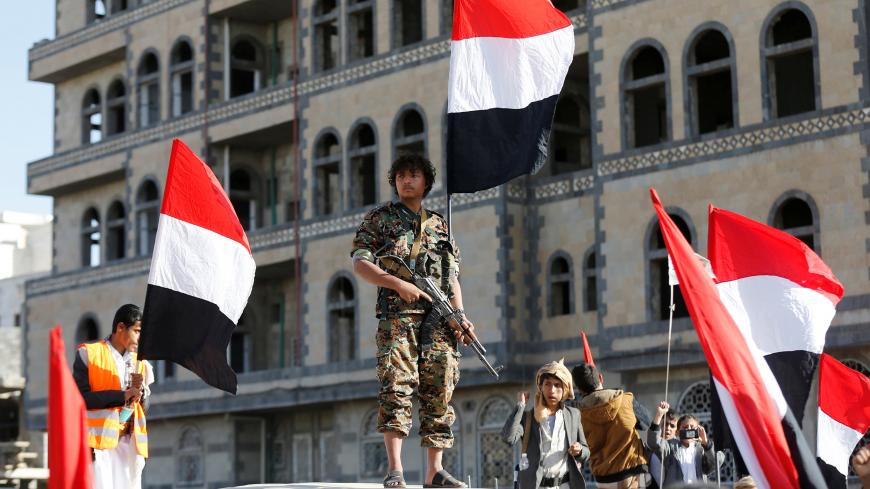After becoming president of the Yemen Arab Republic in 1978, Ali Abdullah Saleh went on to be president of all of Yemen following the latter’s reunification with the People's Democratic Republic of Yemen in 1990. Saleh was thus president during the 1994 civil war, and in the 21st century the Yemeni strongman played off both sides of America’s counterterrorism campaigns against al-Qaeda’s local wing and waged six wars against Houthi rebels in Yemen’s underserved Saada governorate beginning in 2004.
Saleh’s death Dec. 4 at the hands of Houthi rebels marked the end of a chapter in Yemeni history. Saleh had cunningly balanced and played off Yemen’s different factions while in power for 33 years, and he exercised his political prowess to remain extremely influential in the country following his 2012 departure from power. However, it was his decision to end his forces’ unnatural alliance with the Houthis and open himself to dialogue with the Saudi-led Arab coalition that ultimately cost him his life.


